Home / Resources / All Categories
Resources
VIEW BY TOPIC
Allergy
Autoimmune and Inflammation
Biometrics
Biostatistics
Cell and Gene Therapy
cell therapies
cell therapy
Central Nervous System
Chemistry, Manufacturing, and Controls (CMC)
Clinical Pharmacology Modeling and Simulation
Clinical Trial Operations
COVID-19
Data Management
Decentralized Clinical Trials
Depression
Dosing
Drug Development
Emerging Trends
GxP Compliance
Infectious Disease and Vaccine
Inspection Readiness
Manufacturing
Medical Writing
neuro
Neuroscience
Nonclinical
oncology
Oncology-Hematology
Other
Patient Recruitment
Pediatric
Pharmacokinetics / Pharmacodynamics
Pharmacovigilance
Preclinical
Preclinical Development
Project Management
Protocol Development and Study Design
Publishing and Submissions
Rare Disease and Orphan Drugs
Regulatory
Regulatory Affairs
Regulatory and Drug Development Consulting
Study Startup and Feasibility
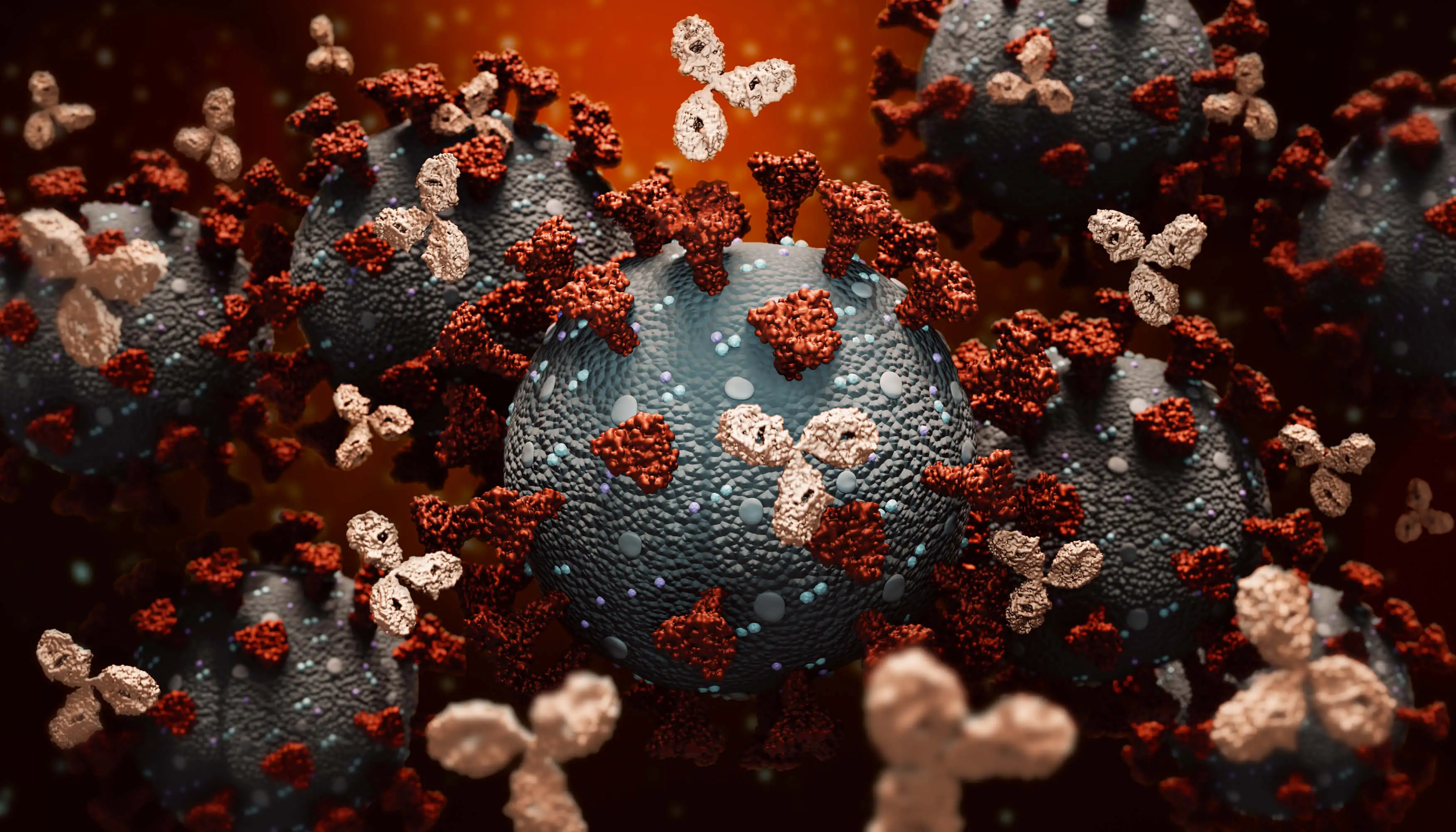
Blog
Advancing Drug Development Without Animal Testing: Human-Relevant Models and MIDD in Monoclonal Antibody and Other Drug Research
View More
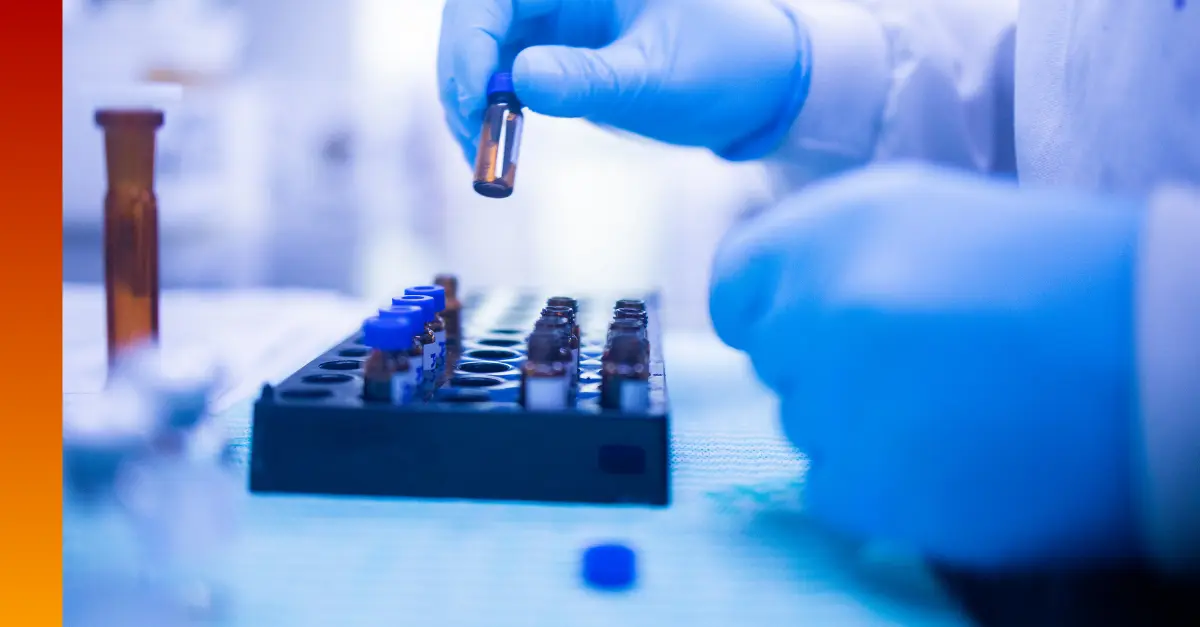
Case Study
Optimizing First-in-Human Study Design and Dose Escalation Scheme
View More

Case Study
Successfully Overcoming Recruitment Challenges and Multiple Protocol Changes in a Complex Phase II Colon Cancer Study
View More

Poster
Toxicology and Safety Pharmacology Investigations on the Nervous System: 2024 Industry Survey
View More
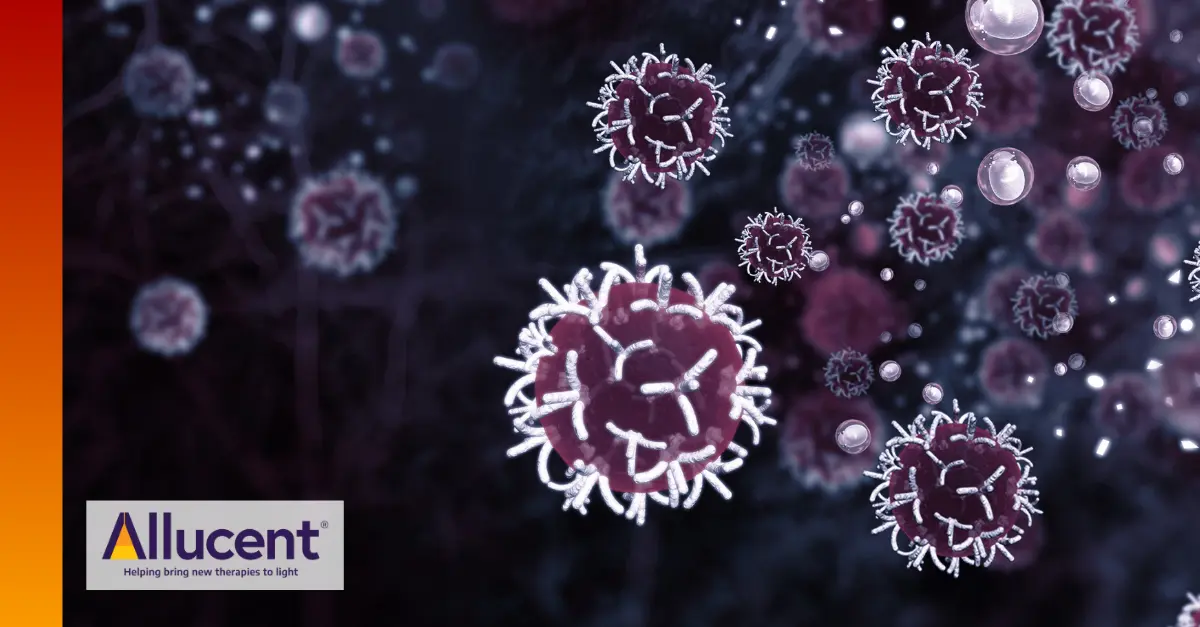
Blog
Cell Therapy Manufacturing: Analytical Testing, Validation, and Regulatory Considerations
View More

Case Study
Interim Pharmacokinetic Analysis to Enable Rapid Decision Making
View More

Blog
ICH E11A: Key Features and Implications of the Pediatric Extrapolation Guideline
View More
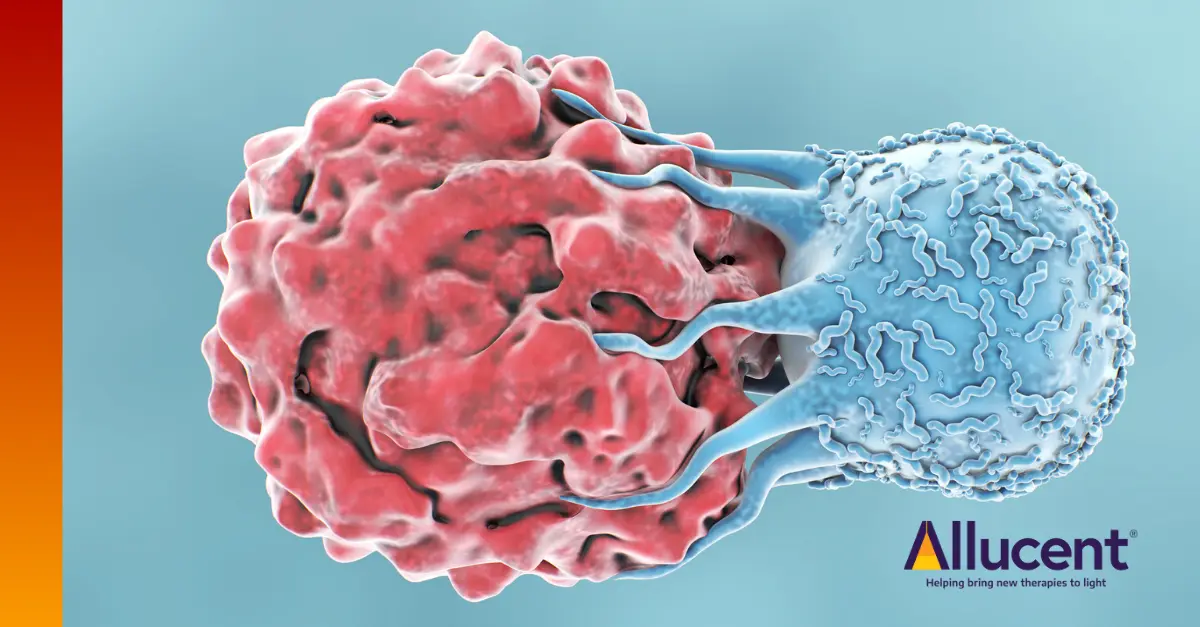
Blog
Understanding The Integrated Summary of Immunogenicity
View More
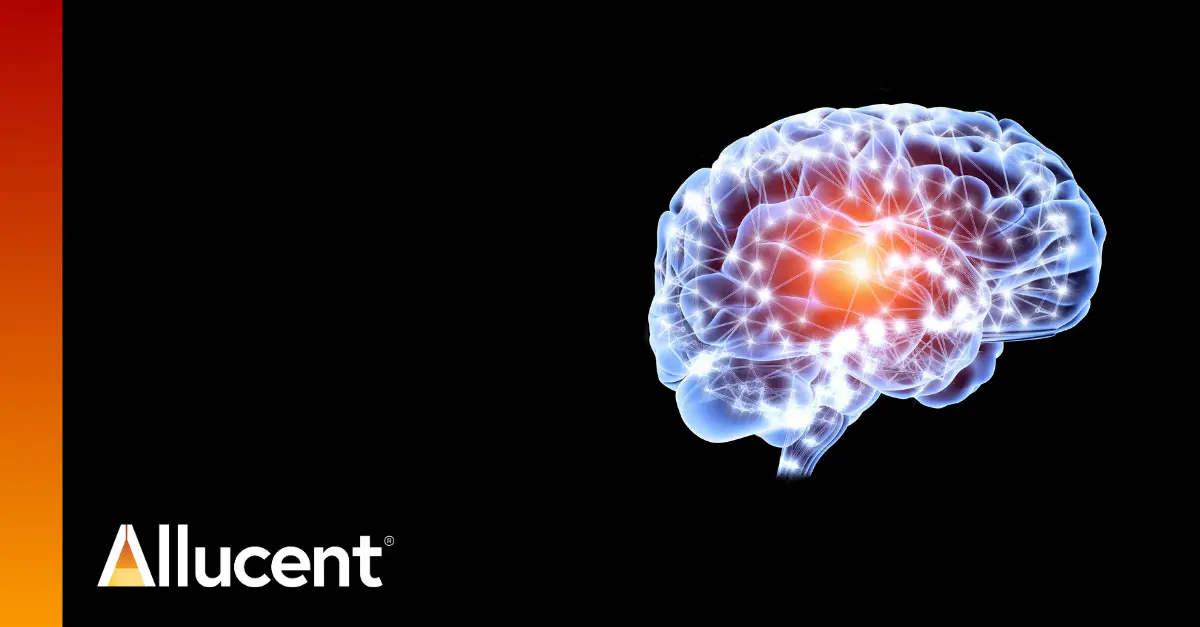
Industry Featured Article
Navigating the Opportunities & Challenges of Psychedelic Research Programs
View More

Blog
Navigating Regulatory Uncertainty: Adapting to FDA Changes in 2025
View More

Blog
Navigating Challenges in Neuropsychiatric Clinical Trials: Strategies for Success
View More
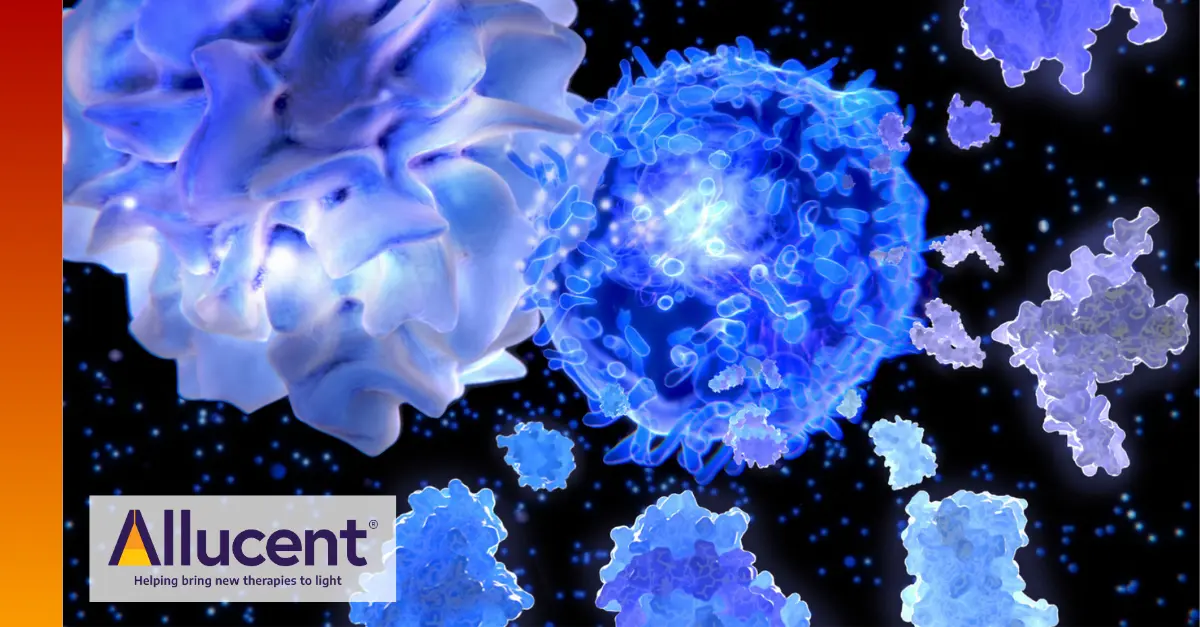
Blog
What is Immunotherapy for Cancer? Understanding Its Role in Modern Treatment
View More
- 1
- 2
- 3
- 4
- 5
- 6
- 7
- Next page
- » Last page